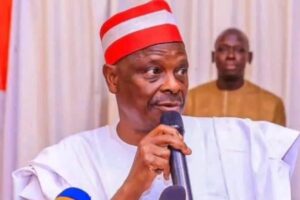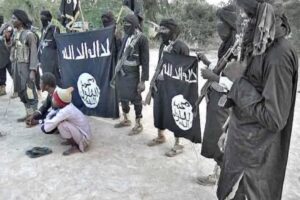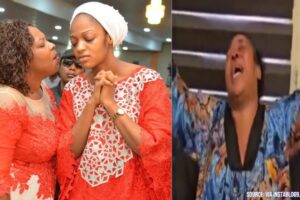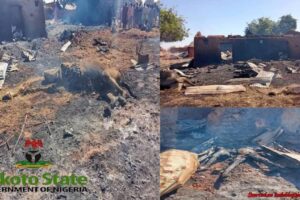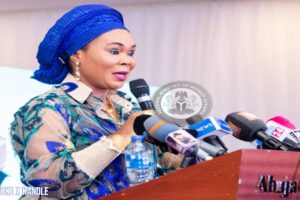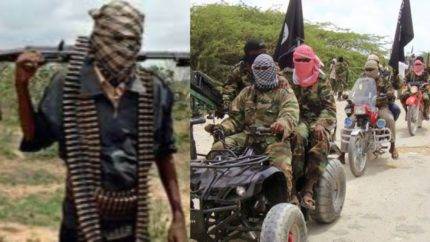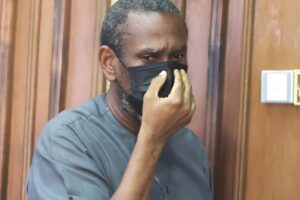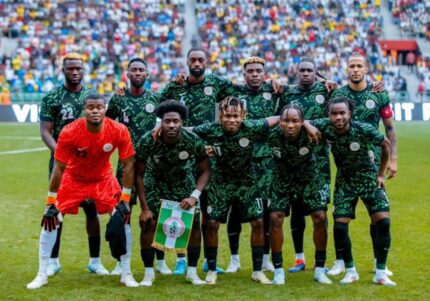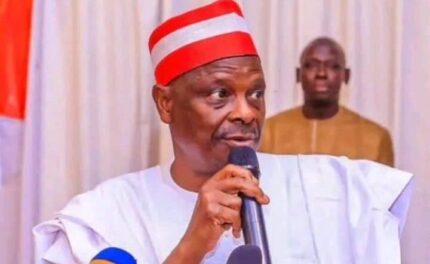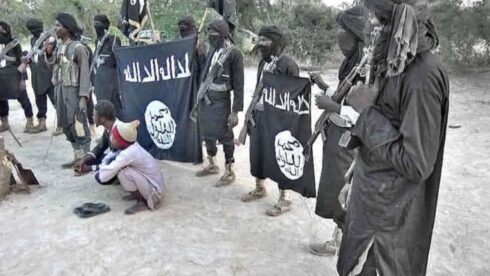Nigeria’s footballing aspirations for 2025 face serious challenges as the Nigeria Football Federation (NFF) struggles with unpaid salaries and bonuses for national team players and coaches. Despite receiving significant funds, including a ₦17 billion grant from President Bola Tinubu and $4 million from the Confederation of African Football (CAF), the NFF has failed to settle backlogs owed to teams such as the Super Eagles, Super Falcons, Flying Eagles, and Golden Eaglets.
President Tinubu’s financial intervention, part of his “Renewed Hope Agenda,” was intended to clear debts, including 15 months’ worth of unpaid salaries for senior national team coaches and allowances for players. However, reports indicate that these funds were diverted to other expenses, such as hotel bills for international engagements, leaving players and staff disgruntled. Concerns about potential revolts from players, especially the Super Eagles and Super Falcons, have added to the pressure on the NFF.
Mismanagement Allegations: Funds Diverted to Questionable Expenses
Sources within the football community allege gross mismanagement of funds by the NFF. According to an anonymous insider, a significant portion of the funds meant to settle debts was used to pay off hotel accommodation bills. These expenses, linked to international engagements in 2024, have raised questions about accountability and transparency. Critics have also highlighted issues of personal commissions stemming from hotel racketeering as a possible motive behind these expenditures.
Meanwhile, coaches like Flying Eagles’ Ladan Bosso and former Golden Eaglets coach Nduka Ugbade remain unpaid for salaries dating back to 2022. Despite the NFF executives earning substantial monthly salaries and travel allowances, the organization has not fulfilled its financial obligations to coaches, backroom staff, and players. This situation has drawn criticism from stakeholders who accuse the NFF of prioritizing their personal benefits over the welfare of the teams.
Calls for Accountability: EFCC to Probe NFF Finances
The Economic and Financial Crimes Commission (EFCC) has reportedly taken an interest in the NFF’s financial dealings. Sources reveal that the anti-graft agency is extending its probe into the federation’s accounts after seeking clarifications from the National Sports Commission (NSC). Concerns about the misuse of public funds have intensified calls for accountability, with stakeholders urging the EFCC to scrutinize how the ₦17 billion grant and CAF’s $4 million were utilized.
The probe has added a layer of complexity to Nigeria’s football governance crisis, as many believe that mismanagement at the NFF is jeopardizing the nation’s chances of succeeding in key tournaments. Transparency advocates have also called on the government to enforce stricter oversight mechanisms to ensure funds are used appropriately.
Presidential Support Group: A Lifeline for 2026 World Cup Hopes
In response to the NFF’s challenges, President Tinubu has established a Presidential Support Group (PSG) to revive Nigeria’s hopes of qualifying for the 2026 FIFA World Cup. With a ₦3 billion allocation in the 2025 budget, the PSG is tasked with ensuring the Super Eagles overcome their poor start to the World Cup qualifiers, where they currently sit in sixth place in Group C with only three points from four matches.
The initiative underscores the government’s recognition of football as a unifying factor in Nigeria. According to sources, the PSG represents a strategic move to bypass the NFF’s inefficiencies and directly address the team’s needs. While the program is a welcome development for many, its success will ultimately depend on the effective utilization of funds and the ability to restore morale within the national teams.
The NFF’s financial crisis threatens to derail Nigeria’s football ambitions for 2025 and beyond. Allegations of mismanagement, coupled with unpaid salaries and bonuses, have sparked widespread discontent among players and coaches. With the EFCC poised to investigate the NFF and the government introducing alternative measures like the PSG, stakeholders hope for a turning point that will restore accountability and put Nigerian football back on track
Table of Contents
Discover more from OGM News NG
Subscribe to get the latest posts sent to your email.

